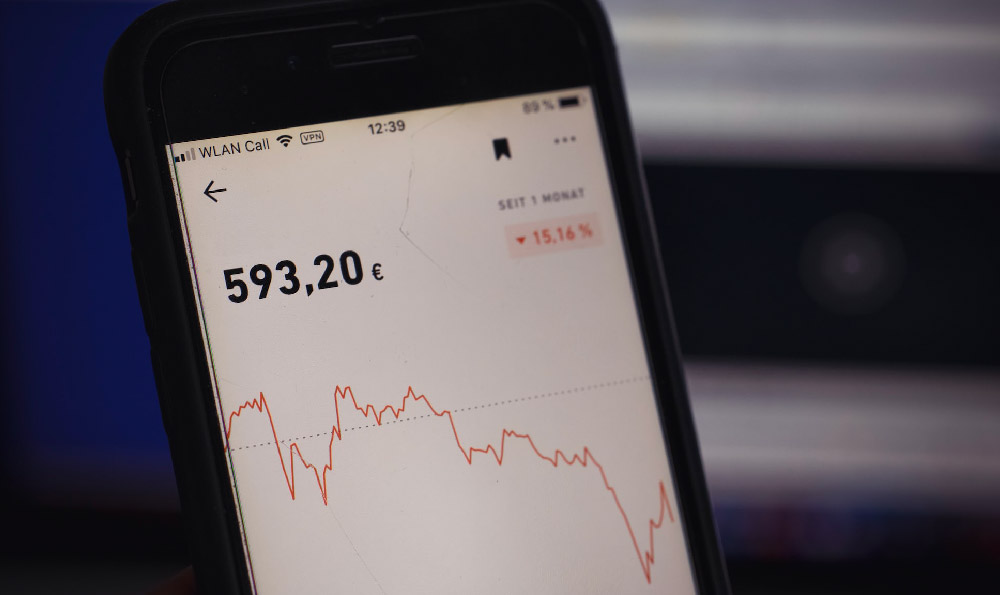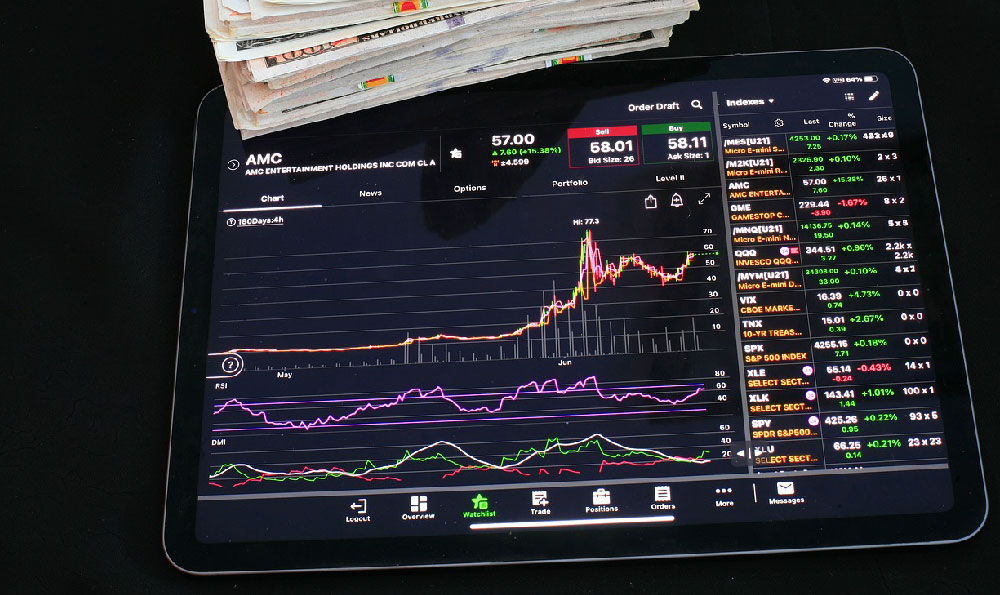Okay, I'm ready. Here's an article answering the question, "Investing in Japanese Stocks: A Good Idea? Where Do I Start?"
Investing in Japanese Stocks: A Good Idea? Where Do I Start?
The allure of international investing is undeniable. Diversification, exposure to different economic cycles, and the potential for higher returns all beckon. Japan, with its globally recognized brands, technological prowess, and evolving corporate governance, often features prominently on investors' radars. But is investing in Japanese stocks a smart move for you? And if so, how do you navigate this unique market?

To determine if investing in Japanese equities aligns with your financial goals, a thorough evaluation of both the potential benefits and inherent risks is necessary. Let's first consider why Japanese stocks might be attractive. For several decades, Japan grappled with deflation and sluggish growth. However, recent years have witnessed a potential turning point. Prime Minister Kishida's policies, coupled with increasing corporate profitability and a weakening yen, have created a more favorable economic environment. Japanese companies are sitting on massive cash reserves, and a growing shareholder activism movement is pushing for better capital allocation, including higher dividends and share buybacks. This increased focus on shareholder value could translate into significant upside for investors.
Moreover, the aging population in Japan, while a demographic challenge, also creates opportunities. Industries catering to healthcare, robotics, and automation are poised for growth. Furthermore, Japan's strong technological base and innovation in areas like artificial intelligence and renewable energy make it an attractive destination for long-term investment. From robotics giants like FANUC to innovative companies pushing the boundaries of materials science, Japan houses numerous world-class companies with strong global competitiveness.
However, it's crucial to acknowledge the risks. Japan's economic recovery remains fragile and dependent on global economic conditions. A slowdown in the global economy could significantly impact Japanese exports, which are a major driver of growth. The weakening yen, while beneficial for exporters, can also contribute to imported inflation and erode purchasing power. Furthermore, cultural differences and language barriers can make it challenging for foreign investors to fully understand the intricacies of the Japanese market. Regulatory changes and political instability can also pose risks. The impact of geopolitical tensions, particularly in the region, should not be overlooked.
The "lost decades" still loom large in the collective memory of investors, serving as a reminder that Japan's economic struggles are not easily overcome. While there are definite signs of change and renewed dynamism, persistent structural issues remain.
So, if you've weighed the pros and cons and decided that investing in Japanese stocks is right for you, where do you begin? There are several avenues available, each with its own advantages and disadvantages.
Exchange-Traded Funds (ETFs): For most investors, ETFs offer the easiest and most diversified entry point. ETFs that track the Nikkei 225 or the TOPIX index provide broad exposure to the Japanese stock market. These ETFs are typically passively managed, meaning they aim to replicate the performance of the underlying index. They offer diversification and lower expense ratios compared to actively managed funds. Look for ETFs that are denominated in your local currency or have currency hedging options to mitigate the impact of yen fluctuations. Before investing, carefully research the ETF's holdings, expense ratio, and tracking error. Some ETFs may focus on specific sectors, such as technology or healthcare, allowing you to tailor your investment to your specific interests and risk tolerance.
Mutual Funds: Actively managed mutual funds offer the potential for outperformance, but they also come with higher fees. Fund managers actively research and select individual stocks, aiming to beat the market benchmark. When choosing a mutual fund, scrutinize the fund manager's track record, investment strategy, and fees. Past performance is not necessarily indicative of future results, but it can provide insights into the fund manager's ability to navigate market conditions. Pay close attention to the fund's investment objective and ensure it aligns with your own investment goals.
Individual Stocks: Investing in individual Japanese stocks can be rewarding but also carries the highest level of risk. It requires significant research and understanding of individual companies and their financial performance. You'll need to analyze financial statements, industry trends, and competitive landscapes. This approach is best suited for experienced investors with a deep understanding of the Japanese market and a high tolerance for risk. When buying individual stocks, consider factors like market capitalization, trading volume, and liquidity. You'll need to find a broker that offers access to the Tokyo Stock Exchange (TSE) and is comfortable with international transactions.
American Depositary Receipts (ADRs): ADRs are certificates that represent shares of a foreign company traded on a U.S. stock exchange. They allow U.S. investors to invest in Japanese companies without having to trade on the TSE. However, not all Japanese companies have ADRs, and the liquidity of ADRs can vary.
Things to Consider Before You Start:
- Currency Risk: The value of the yen can fluctuate significantly against your local currency, impacting your returns. Consider hedging your currency exposure if you are concerned about this risk.
- Tax Implications: Be aware of the tax implications of investing in foreign stocks, both in your home country and in Japan. Consult with a tax advisor to understand your obligations.
- Political and Economic Stability: Monitor political and economic developments in Japan and globally, as these can impact the market.
- Due Diligence: Regardless of the investment vehicle you choose, conduct thorough due diligence before investing. Understand the risks involved and ensure that the investment aligns with your financial goals and risk tolerance.
- Start Small: If you are new to investing in Japanese stocks, start with a small amount and gradually increase your investment as you become more comfortable.
Investing in Japanese stocks can be a rewarding experience, offering diversification and exposure to a dynamic market. However, it's crucial to approach it with careful planning, thorough research, and a realistic understanding of the risks involved. By considering your own financial goals, risk tolerance, and investment horizon, you can determine if Japanese stocks are a suitable addition to your portfolio and embark on your journey with confidence. Remember that professional financial advice tailored to your specific circumstances is always recommended.












